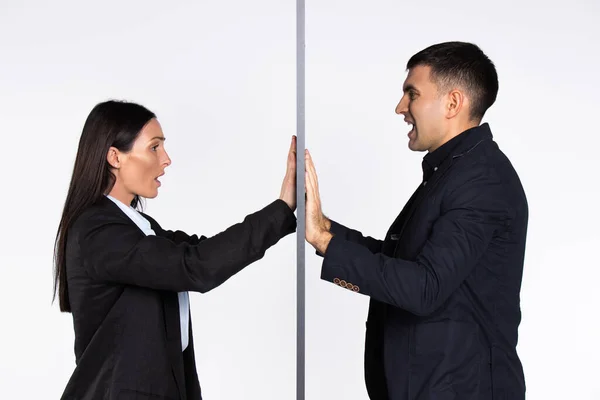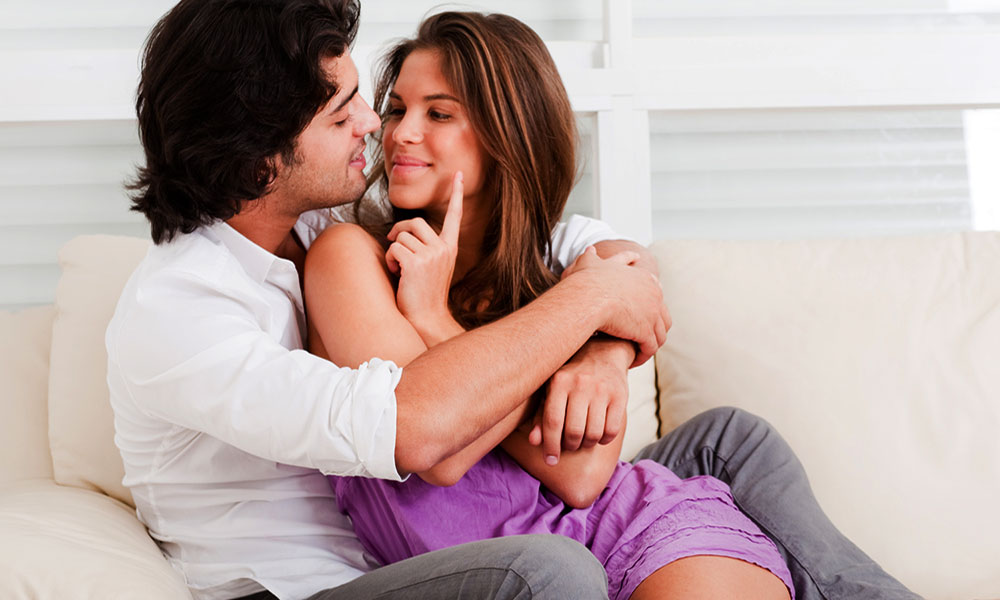Gender stereotypes have been deeply ingrained in our society for centuries, influencing the way we perceive and interact with each other. The impact of these stereotypes can be seen in various aspects of life, including dating. For women, gender stereotypes can create a number of challenges and barriers in the dating world. This article aims to explore the impact of gender stereotypes on women’s dating experiences.
What are Gender Stereotypes?

Gender stereotypes are beliefs and assumptions about the characteristics and behaviors of men and women. These stereotypes are often based on societal and cultural norms and can be reinforced through media, education, and other social institutions. Examples of gender stereotypes include the belief that women are emotional and nurturing, while men are strong and independent.
The Impact of Gender Stereotypes on Women’s Dating Experiences
Gender stereotypes can have a significant impact on women’s dating experiences. For example, women may feel pressure to conform to traditional gender roles, such as being submissive and passive, in order to be seen as desirable by men. This can lead to women feeling like they have to compromise their own values and desires in order to fit into societal expectations.
Additionally, gender stereotypes can create unrealistic expectations for women in relationships. For example, women may feel like they need to be the emotional caretakers in a relationship, constantly providing emotional support and nurturing. This can be exhausting and unsustainable, leading to feelings of frustration and burnout.
Challenging Gender Stereotypes in Dating

Challenging gender stereotypes in dating is an important step towards creating more equitable and fulfilling relationships. This can involve recognizing and questioning our own biases and assumptions about gender roles, as well as actively seeking out relationships that prioritize mutual respect and equality.
It’s important for women to feel empowered to express their desires and boundaries in relationships, rather than feeling like they have to conform to traditional gender roles. This can involve setting clear communication and boundaries from the beginning of a relationship, and being willing to walk away from relationships that don’t align with these values.
The impact of gender stereotypes on women’s dating experiences is significant, but it’s important to remember that these stereotypes are not set in stone. By challenging these stereotypes and prioritizing mutual respect and equality in relationships, women can create more fulfilling and empowering dating experiences.





